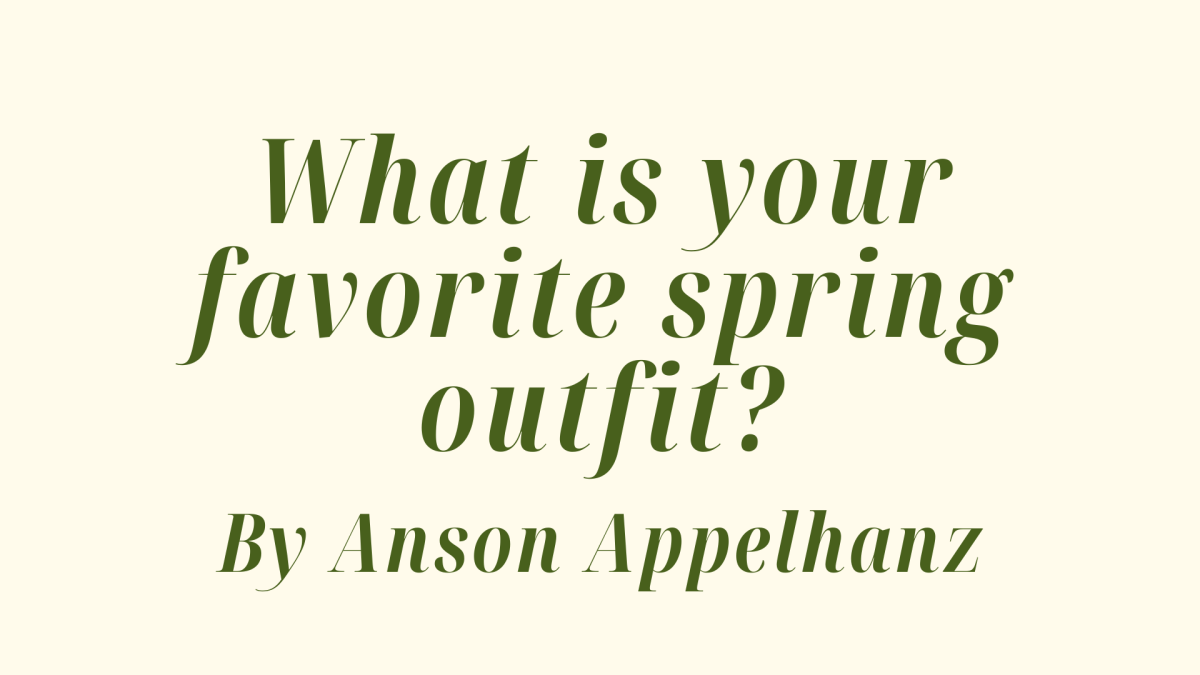There are many people at Washburn University that play an important role in keeping the campus running. Debra Youngs is one of those people. Youngs has been a custodial supervisor at Washburn for 20 years now. While she is currently the supervisor, that isn’t where she started.
“I was in between jobs and a friend of mine was a supervisor here and they had a position for a custodial worker in the LLC,” Youngs said. “I only planned on staying here until a job opened elsewhere, but then the supervisor position became available, and I applied. Then, they gave it to me and I’m still here.”
Having this janitorial job does come with its ups and downs. Custodians have to clean up any sort of mess left by faculty, students and keep Washburn tidy.
“There aren’t a whole lot of negatives when it comes to this job, it’s just some of the messes you see you think ‘really?’ It’s just little things like that. Some people also just purposely do things and that causes some aggravation,” Youngs said.
Leaving behind purposeful messes tends to make their jobs more difficult throughout the day. Youngs has recently switched from night shifts to day and has noticed how much busier her shifts tend to be.
“When you work night shifts, you see nobody around. It’s only you who is in charge. The atmosphere is so different because you see more people throughout the day,” Youngs said.
Along with Youngs, Jay Hall is an additional custodial supervisor who also works day shift. Hall has been here a total of 13 years and has seen many days that have ranged from good to bad. With the not-so-great days, Hall has his own opinion on how he perceives it.
“I look at it as we are here to cater to them, even though there are certain things that tend to irritate us. We are here for them at the end of the day,” Hall said.
Along with having these certain rough days, the custodial team is having to work around being short staffed.
“I think the biggest struggle right now is staffing shortages, we aren’t the only ones dealing with it, but it’s hard to keep up sometimes when we don’t always have the manpower to do it. There used to be three supervisors, but now there are only two,” Youngs said.
While these struggles have made it hard for the team, they explained many positive aspects to their jobs. Washburn University has many upsides that have made them want to stay as long as they have.
“I wouldn’t have been here if I didn’t enjoy the people I work with. I love working with the students, and just the whole atmosphere here at Washburn,” Youngs said.
The students here at Washburn have also given them something to look forward to everyday when they clock in. Seeing them and having that positive energy makes their not so good days a little easier.
“Students always stop to say hi and of course you may have the ones that frown a little bit, but I just take that as them not having a good day. But I just keep on smiling through the day,” Hall said.
Hall and Youngs have many hopes for the future of Washburn and even their own career. Washburn is expanding more and more every year and they seem nothing less than excited about it.
“Washburn is growing. So much growth has been happening here and it’s great,” Hall said.
Working here for 20 years, Youngs has seen Washburn’s expansion happening so quickly over time. From updating new buildings, new scholarships and helpful opportunities for faculty and staff.
“I’ve just seen so many changes for the good. We are just looking forward to the continuous growth. Many of these buildings are outdated, so we are so excited to see it become modernized,” Youngs said.
The custodial staff do what they can to make sure they put their best foot forward every day of their shift. They have goals they set to achieve and knowing Washburn depends on them to help them become more successful as a campus.
“We step up to the plate and just fill in wherever we are needed. It’s nice to work around people I like to do things for,” Hall said.
Being short staffed has its effect on all jobs and teams, but this staff has high hopes for the future of its faculty, students and Washburn University in general.
Edited by Aja Carter and Sydney Peterson










